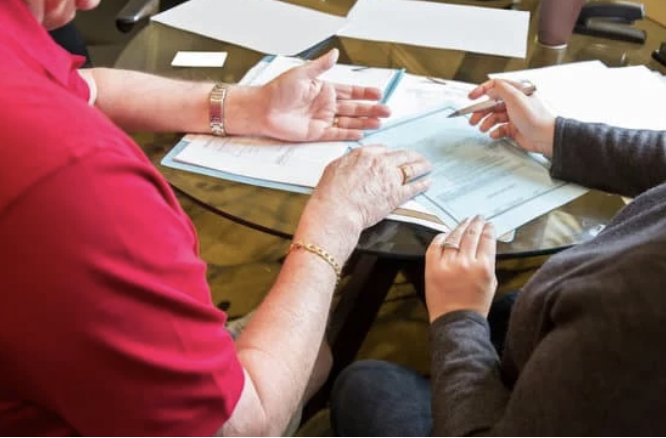Losing a loved one is one of the most difficult things any of us have to go through. The grieving process can be made even more difficult when there is a dispute over a Will.
Over the last few years Will disputes have become increasingly common. A dispute about a Will often arises because someone believes they have either been unfairly left out of a Will or that a Will does not reflect a person’s true intentions. Often this might be because the Will has been written late in a person’s life and at a time when they may have lacked the mental capacity to do so. Sometimes it may appear that a Will is just not right
Alternatively, someone may claim that they actually own an asset included in the estate or, alternatively, that the Will does not reflect a promise that had been made and that someone has acted on that promise to their detriment.
Can a Will be challenged?
The simple answer is yes. A Will cannot be challenged simply because it is unfair or not what you expected.
The validity of a Will is open to challenge on any of the following grounds:
- The Will was not properly executed as required by law. It could be an issue with the signature, the witnesses, when it was done, how it was done or the contents.
- The person making the Will lacked the necessary mental capacity (known as testamentary capacity) to do so.
- The person making the Will lacked knowledge and approval of the contents of the Will.
- The person making the Will was subject to undue influence or duress.
- The Will was signed by someone other than the person making the Will.
In all of these circumstances swift action is often necessary. You may need to take steps to protect the assets within the estate. If there are executors named within the Will, then they can apply for a grant of probate at any time after the death. A grant of probate (in most cases) means that the assets can be distributed to the beneficiaries named in the Will. If a grant of probate has been obtained, it is not too late to act, but the sooner the better.
Other disputes
It may be possible to enforce a promise that is not subsequently fulfilled in a Will. Alternatively, you may have funded the acquisition of an asset that is held in the name of the deceased but, in fact, belongs to you. In such cases you may be able to recover the asset from the estate. Finally, you may be concerned about the way in which an estate is being administered. If so, a lawyer can help you to pursue the executors or personal representatives, to ensure that the estate is properly administered.
Whether you feel you have been unfairly left out of a Will, not been adequately provided for, or you are acting as an executor and somebody else is contesting the Will, Simply.Law can help you find the right specialist lawyer who can help. As an initial step, you may be advised to apply to the Probate Registry to enter a caveat which will prevent the executors or administrators from obtaining a Grant and administering the estate. This will allow further time in which to make investigations as to the circumstances surrounding the preparation and execution of the Will which may include obtaining the deceased’s medical records and information from any solicitor instructed in relation to the preparation of the Will.

